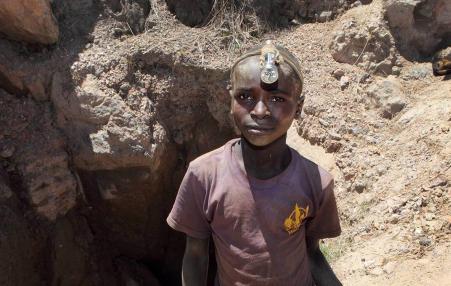John Prendergast
Project Syndicate

The Democratic Republic of the Congo has been pillaged by foreign governments and corporations for more than 500 years, and this sordid pattern continues to this day. Given this history, is it any wonder that the country suffers from massive corruption, perpetual conflict, and state capture?
Spread the word